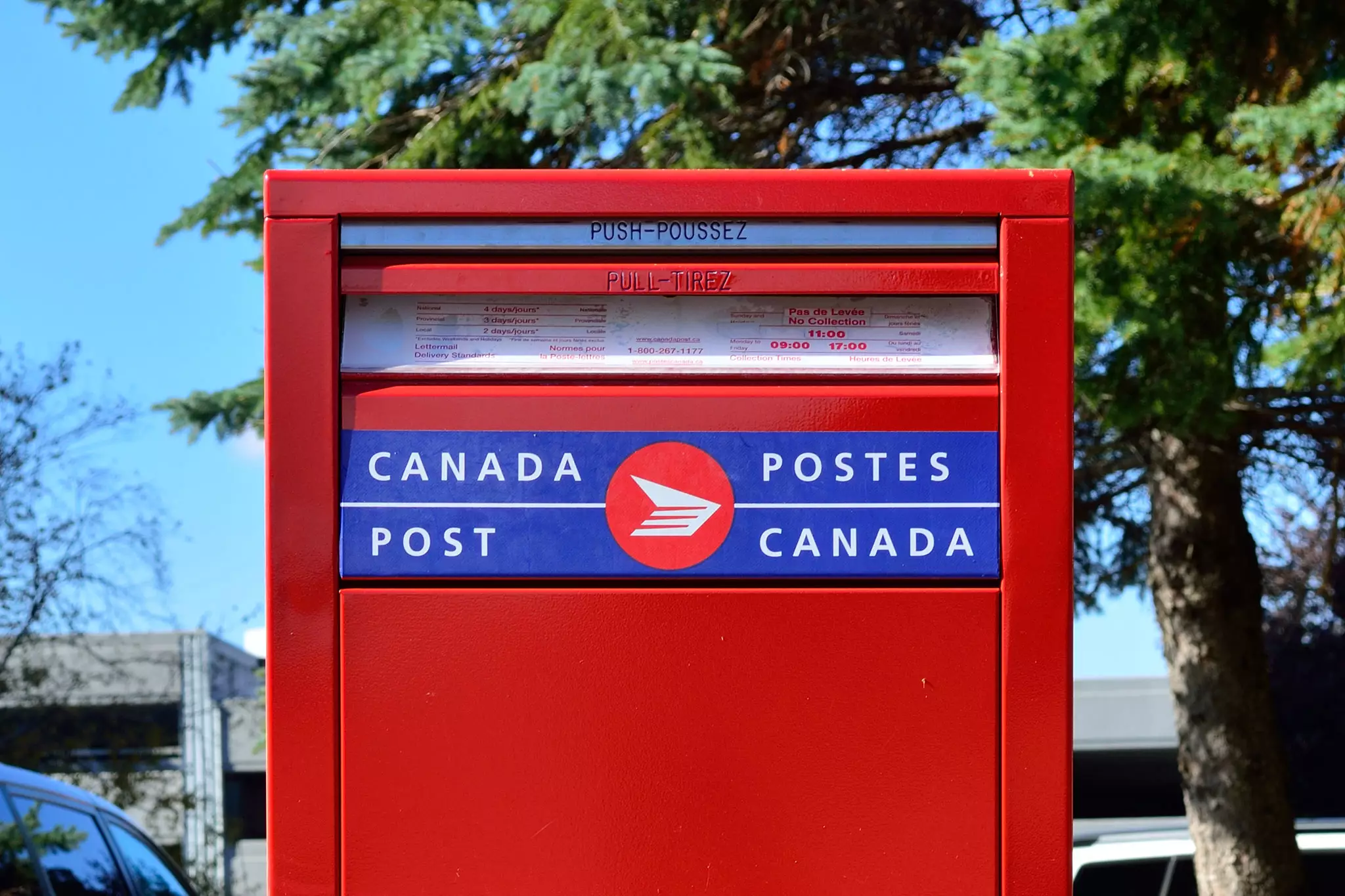Dozens of Canadian economists issued a staunch defense of Canada’s carbon pricing policy on Tuesday, as the government faces mounting pressure from the Conservative Party and provincial premiers to halt a planned increase to the levy.
Arguing that the national carbon price remains the most cost-effective means to significantly reduce emissions, they countered assertions that it contributes to inflation and a higher cost of living. Expressing concern that the discourse surrounding the policy has veered off course, they emphasized its true nature and impact.
The Conservatives, led by Pierre Poilievre, have made the abolition of the carbon pricing policy a central tenet of their platform. Poilievre has organized regular “axe the tax” rallies nationwide, criticizing the Liberals for imposing a levy that, he contends, exacerbates financial strain on Canadians struggling to afford necessities such as fuel, food, and heating.
Numerous provinces have long contested the government’s carbon pricing measures, with opposition to such policies growing louder as Poilievre’s campaign garners momentum. Recently, seven premiers publicly implored the federal Liberals to refrain from raising the carbon price from $65 to $80 per tonne, as scheduled for April 1.
“The issue has clearly been heating up,” said economist Chris Ragan, who helped draft the open letter defending the policy. He is the director of the Max Bell School of Public Policy at McGill University.
“The quality of the debate, I think, is not quite as good as it should be.”
As of Tuesday afternoon, Ragan is among the 100 economists who have signed an open letter, aiming to counter some of the primary arguments raised by Poilievre and other detractors against the contentious policy.
Despite the central political critique of the program revolving around its impact on consumers’ expenses, the economists assert that a carbon price represents the most economically efficient method for reducing emissions.
A recent analysis from the Canadian Climate Institute has highlighted the significant role played by the pricing mechanism applied to major industrial emitters in driving emission reductions, overshadowing the impact of consumer fuel levies. This has prompted questions regarding the necessity of the consumer tax amidst the ongoing political turmoil surrounding the issue.
Acknowledging the understandable concerns amidst the political debate, Ragan emphasized the imperative of finding alternatives to the carbon pricing policy to avert the substantial costs associated with climate change. He cautioned against replacing it with potentially higher-cost policies, citing the inherent risks.
Critics of the policy, notably its primary opponents, have yet to propose a viable alternative for emission reduction. Moreover, they have failed to present a solution that would be more economically viable, argue the economists.
Similar to the stance of the governing Liberals, economists highlight that the majority of revenues generated by the levy are redistributed to consumers, safeguarding their purchasing power. While acknowledging potential confusion surrounding rebates, they clarify that the objective is to ensure most individuals are not financially disadvantaged by the carbon price, while incentivizing reduced fuel consumption.
Since 2019, all provinces and territories in Canada have been subject to carbon pricing, offering the choice between implementing their own compliant version or adopting the federal program. While most opt for the federal model for consumers and small businesses, many have devised their own frameworks for regulating emissions from large industries.
Poilievre has pledged to elevate the carbon price as the focal point of the upcoming election.
Ragan expressed his desire for the economists’ letter to provide greater clarity in the ensuing debate and to equip politicians defending the policy with stronger arguments. Ultimately, he envisions the carbon price transitioning into a widely accepted and mainstream political stance.



